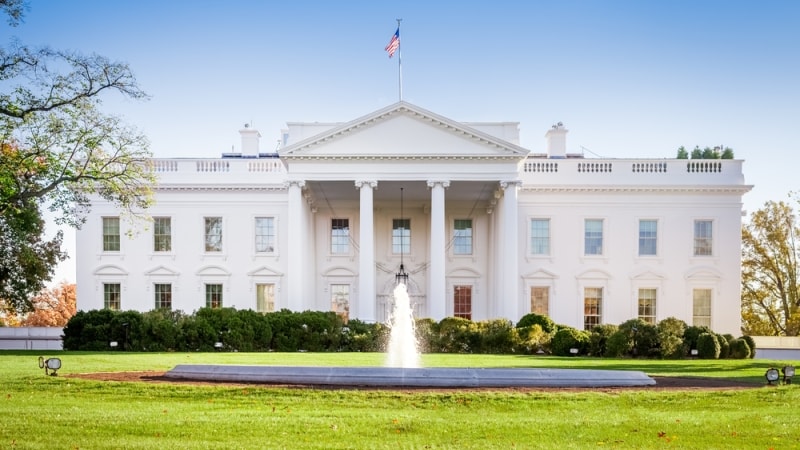
With recent changes in the Trump Administration dominating the national news, White House officials said this week that they do not see any major course corrections coming from the executive branch on IT modernization.
“We are on the biggest IT transformation of all time. That’s a 10-year journey. That really hasn’t changed as a result of Tuesday” when midterm elections were held, said Chris Liddell, White House deputy chief of staff for policy coordination, during an event hosted by the Washington Post on Thursday.
“All of the things that we are trying to do in terms of building capability, working with the private sector and getting their input, which has been fantastic over the last two years, really continues on,” Liddell added.
“I hope that the new House will continue to fund things like the Modernizing Government Technology Act, the funding there, that’s incredibly high ROI projects. But otherwise, most of that is done through internal policy,” said Liddell. “When I look at things like modernizing government technology, we have had broad bipartisan support.”
However, Democrats assuming control of the House in January 2019 is likely to bring new priorities to the forefront that will affect tech policy.
“We need to make sure every person in the nation has access to the internet. There’s still so many Americans who don’t have access to high-speed internet,” said Rep. Ro Khanna, D-Calif., during a separate session on Thursday.
With renewed emphasis from representatives like Khanna, and a demonstrated willingness from the White House to tackle infrastructure issues, broadband may be a strong candidate for a bipartisan modernization effort.
“To add to Chris’s point about IT modernization—let’s play a long game, let’s play a bipartisan long game here. The same applies with rural broadband,” said Abagail Slater, special assistant to the President for tech, telecom, and cyber policy for the White House Economic Council.
“If there was an infrastructure conversation to be had, expect broadband to be fully part of that process,” she said. “We’re not going to solve it overnight, but we can make a start at getting good, getting good policies in place that create incentives for the private sector to invest and get that next tranche online.”
